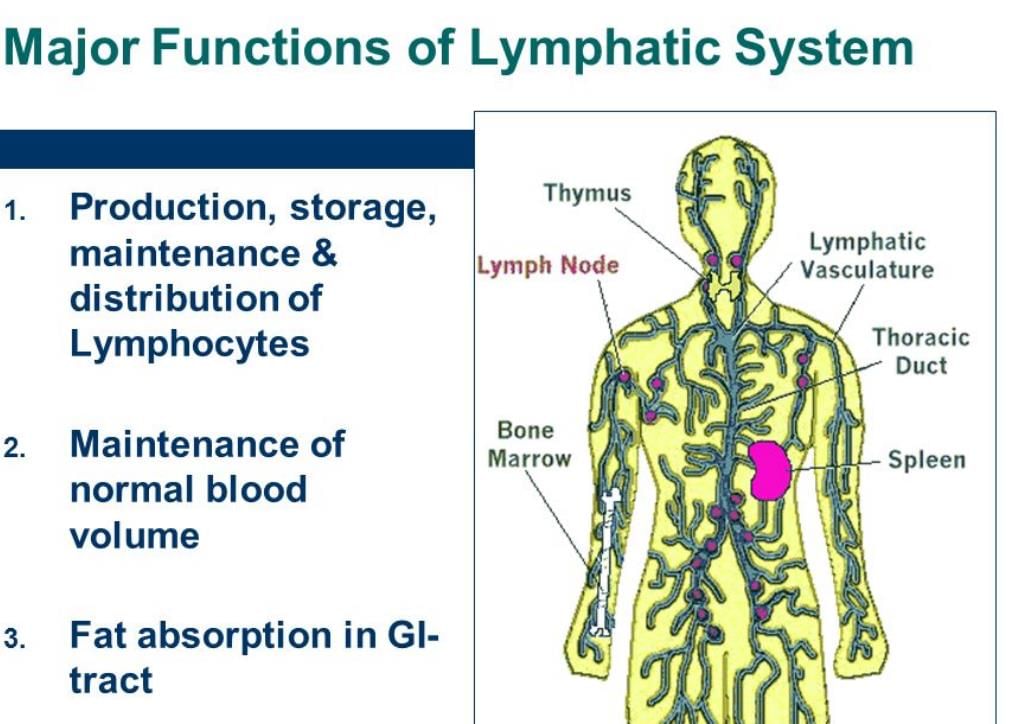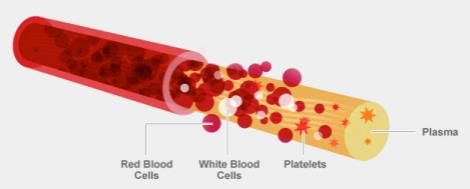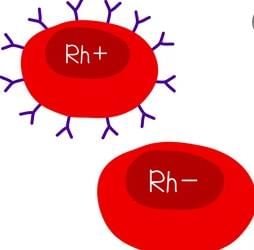NEET Exam > NEET Tests > Test: Body Fluids and Circulation - Blood & Lymph (August 16) - NEET MCQ
Test: Body Fluids and Circulation - Blood & Lymph (August 16) - NEET MCQ
Test Description
10 Questions MCQ Test - Test: Body Fluids and Circulation - Blood & Lymph (August 16)
Test: Body Fluids and Circulation - Blood & Lymph (August 16) for NEET 2025 is part of NEET preparation. The Test: Body Fluids and Circulation - Blood & Lymph (August 16) questions and answers have been prepared
according to the NEET exam syllabus.The Test: Body Fluids and Circulation - Blood & Lymph (August 16) MCQs are made for NEET 2025 Exam.
Find important definitions, questions, notes, meanings, examples, exercises, MCQs and online tests for Test: Body Fluids and Circulation - Blood & Lymph (August 16) below.
Solutions of Test: Body Fluids and Circulation - Blood & Lymph (August 16) questions in English are available as part of our course for NEET & Test: Body Fluids and Circulation - Blood & Lymph (August 16) solutions in
Hindi for NEET course.
Download more important topics, notes, lectures and mock test series for NEET Exam by signing up for free. Attempt Test: Body Fluids and Circulation - Blood & Lymph (August 16) | 10 questions in 10 minutes | Mock test for NEET preparation | Free important questions MCQ to study for NEET Exam | Download free PDF with solutions
Test: Body Fluids and Circulation - Blood & Lymph (August 16) - Question 1
Find out the wrong match:
Detailed Solution for Test: Body Fluids and Circulation - Blood & Lymph (August 16) - Question 1
Test: Body Fluids and Circulation - Blood & Lymph (August 16) - Question 2
The important function of lymph is to:
Detailed Solution for Test: Body Fluids and Circulation - Blood & Lymph (August 16) - Question 2
Test: Body Fluids and Circulation - Blood & Lymph (August 16) - Question 3
After birth, Erythropoiesis starts in:
Detailed Solution for Test: Body Fluids and Circulation - Blood & Lymph (August 16) - Question 3
Test: Body Fluids and Circulation - Blood & Lymph (August 16) - Question 4
Which of the following is not a main function of lymph glands?
Detailed Solution for Test: Body Fluids and Circulation - Blood & Lymph (August 16) - Question 4
Test: Body Fluids and Circulation - Blood & Lymph (August 16) - Question 5
Which one of the following is correct?
Detailed Solution for Test: Body Fluids and Circulation - Blood & Lymph (August 16) - Question 5
Test: Body Fluids and Circulation - Blood & Lymph (August 16) - Question 6
Which of the following engulfs pathogens rapidly?
Detailed Solution for Test: Body Fluids and Circulation - Blood & Lymph (August 16) - Question 6
Test: Body Fluids and Circulation - Blood & Lymph (August 16) - Question 7
Which of the following is a non-granulocyte?
Detailed Solution for Test: Body Fluids and Circulation - Blood & Lymph (August 16) - Question 7
Test: Body Fluids and Circulation - Blood & Lymph (August 16) - Question 8
Antigens are present:
Detailed Solution for Test: Body Fluids and Circulation - Blood & Lymph (August 16) - Question 8
Test: Body Fluids and Circulation - Blood & Lymph (August 16) - Question 9
Rh factor is present in
Detailed Solution for Test: Body Fluids and Circulation - Blood & Lymph (August 16) - Question 9
Detailed Solution for Test: Body Fluids and Circulation - Blood & Lymph (August 16) - Question 10
Information about Test: Body Fluids and Circulation - Blood & Lymph (August 16) Page
In this test you can find the Exam questions for Test: Body Fluids and Circulation - Blood & Lymph (August 16) solved & explained in the simplest way possible.
Besides giving Questions and answers for Test: Body Fluids and Circulation - Blood & Lymph (August 16), EduRev gives you an ample number of Online tests for practice
Download as PDF























